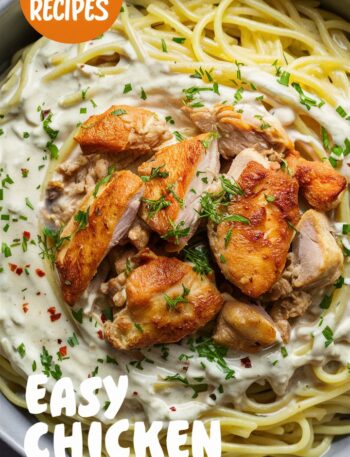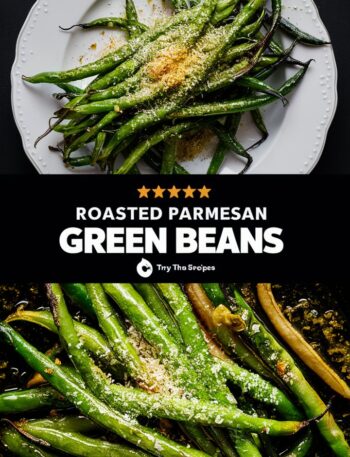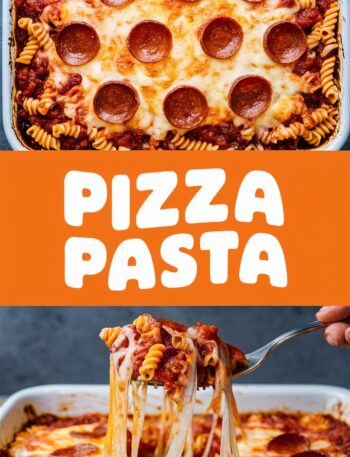If there is one dish that captures the heart of German comfort food, it’s the humble yet irresistible potato pancake. Known in Germany as Kartoffelpuffer (and in some regions as Reibekuchen), these golden, crispy, buttery potato fritters are a staple that bridges generations, festivals, and family gatherings.
Simple ingredients—potatoes, onions, eggs, flour, and butter—come together to create a recipe that is as cozy as it is versatile. Whether paired with savory toppings like sour cream and smoked salmon or enjoyed with a sweet side of applesauce, Buttery German Potato Pancakes are truly timeless.
This guide will walk you through everything: the history, cultural roots, ingredient breakdowns, variations, step-by-step instructions, troubleshooting, serving ideas, storage, reheating tips, FAQs, and even modern twists like gluten-free or air fryer versions. By the end, you’ll not only know how to cook them—you’ll understand why these potato pancakes hold such a special place in German cuisine.
What Are Buttery German Potato Pancakes?
At first glance, these pancakes might remind you of hash browns or latkes, but Kartoffelpuffer are uniquely German. They’re made by grating raw potatoes and onions, mixing them with eggs and a little flour, then frying them until crisp in a blend of butter and oil.
The butter is what gives this recipe its unforgettable depth—edges crisp to a delicate crunch while the centers stay tender, almost creamy. Unlike mashed potato cakes, which use leftover potatoes, Kartoffelpuffer are prepared from scratch with raw, grated potatoes, giving them a rustic, hearty texture.
They are especially beloved at German Christmas markets (Weihnachtsmärkte), where vendors fry them fresh and serve them with applesauce (Apfelmus). Children, adults, and travelers alike flock to them for that nostalgic aroma of sizzling potatoes and butter on a cold winter night.
Why You’ll Love This Recipe
- 🥔 Crispy & Tender Balance – Golden edges with soft, buttery centers.
- ⏱️ Quick & Easy – Ready in about 30 minutes with basic pantry staples.
- 💰 Budget-Friendly – Potatoes, onions, eggs, and flour keep it simple.
- 🌿 Versatile – Works with sweet or savory pairings.
- 🧒 Kid-Friendly – A snack even picky eaters enjoy.
- 🥘 Meal Prep Friendly – Freezer-safe and reheats beautifully.
A Little History of Kartoffelpuffer
The potato made its way into German kitchens in the 18th century, introduced first as a famine crop before becoming a staple. Potato pancakes became a clever, filling dish that stretched small amounts of food to feed large families.
In Cologne, Düsseldorf, and the Rhineland, these pancakes are known as Reibekuchen, often served with rye bread and sugar beet syrup. In Bavaria, they are Kartoffelpuffer, usually enjoyed with applesauce. In Poland, Hungary, and Austria, variations exist with slight differences in seasoning and accompaniments.
Today, you’ll find them at fairs, markets, and family dinners alike. Whether enjoyed in a rustic farmhouse or a festive outdoor stall, they represent warmth, tradition, and togetherness.
Ingredients You’ll Need
Here’s the magic of this recipe—it relies on the simplest pantry ingredients:
- 2 pounds russet potatoes, peeled – Russets provide the starchiness needed for crispiness.
- 1 small yellow onion – Adds sweetness and depth.
- 2 large eggs – Bind everything together.
- 1/4 cup all-purpose flour – Gives structure (substitute gluten-free if needed).
- 1 teaspoon salt – Essential seasoning.
- 1/4 teaspoon black pepper – Adds balance.
- 1/2 teaspoon baking powder (optional) – Makes the centers fluffier.
- 4 tablespoons unsalted butter – For frying and rich flavor.
- Neutral oil (canola or sunflower) – Ensures the butter doesn’t burn.
Tools You’ll Need
- Box grater or food processor with grating attachment
- Cheesecloth or clean kitchen towel (for squeezing water from potatoes)
- Mixing bowls
- Skillet or cast-iron pan
- Measuring cups and spoons
- Spatula
Step-by-Step Recipe: How to Make Buttery German Potato Pancakes
Step 1: Grate and Drain
Peel the potatoes and onion. Grate them using a box grater or food processor. Transfer to a clean kitchen towel, then squeeze out as much liquid as possible. This step is vital—wet potatoes make soggy pancakes.
Step 2: Mix the Batter
In a large bowl, combine grated potatoes and onion with eggs, flour, salt, pepper, and baking powder (if using). Stir gently until everything is evenly coated.
Step 3: Fry the Pancakes
Heat a skillet over medium heat. Add 1 tablespoon butter with 1 tablespoon oil. Scoop about 1/4 cup of the mixture into the pan and flatten gently. Fry for 3–4 minutes per side until golden brown and crisp. Work in small batches so they cook evenly.
Step 4: Serve Hot
Remove pancakes to a paper towel-lined plate. Serve immediately with sour cream, applesauce, or your favorite topping.
Tips for Perfectly Crispy Pancakes
- Drain Well – The drier the potatoes, the crispier the pancake.
- Butter + Oil Combo – Butter adds flavor, oil prevents burning.
- Cook in Batches – Don’t overcrowd the pan.
- Serve Immediately – Best enjoyed fresh and hot.
- Keep Warm in Oven – Place in a 250°F oven if making large batches.
Variations & Twists
- 🧄 Garlic & Herb Pancakes – Add fresh parsley, dill, or garlic powder.
- 🧀 Cheesy Version – Mix in Parmesan, Gruyère, or cheddar.
- 🌶️ Spicy Kick – Add cayenne or smoked paprika.
- 🥦 Veggie Upgrade – Mix grated zucchini or carrots with the potatoes.
- 🌱 Vegan Version – Use flax eggs (1 tbsp flaxseed + 3 tbsp water).
- 🌾 Gluten-Free – Replace flour with cornstarch or rice flour.
- 🍏 Sweet Breakfast Style – Add a touch of cinnamon, nutmeg, and sugar.
What to Serve With German Potato Pancakes
- Traditional German Way: Applesauce or sour cream.
- Savory Pairings: Smoked salmon, fried eggs, or bratwurst.
- Light Meals: Pair with a crisp salad or soup.
- Festive Platters: Serve alongside schnitzel, roasted chicken, or sauerkraut.
Storage and Reheating
- Refrigerate: Store in an airtight container up to 3 days.
- Freeze: Layer between parchment paper in a freezer bag, up to 2 months.
- Reheat: Bake at 375°F for 10 minutes, air fry at 350°F for 5 minutes, or re-crisp in a skillet.
Troubleshooting Guide
- Why are they soggy? Too much liquid—drain potatoes thoroughly.
- Why are they falling apart? Not enough binding—add a little more flour or an extra egg.
- Why are they too greasy? Oil was too cool—ensure pan is hot before frying.
- Why are they browning too fast? Heat is too high—lower slightly and cook longer.
Nutritional Information (per pancake, approx.)
- Calories: 170
- Carbs: 17g
- Protein: 3g
- Fat: 10g
- Saturated Fat: 5g
- Fiber: 2g
- Sodium: 220mg
- Cholesterol: 40mg
Frequently Asked Questions (FAQs)
1. Can I make the mixture ahead of time?
Not fully—the potatoes will oxidize and turn brown. Instead, grate them early, store in cold water, then drain before mixing.
2. Can I bake instead of frying?
Yes. Bake at 425°F for 15–20 minutes per side. They’ll be less crispy but still delicious.
3. Can I make these with mashed potatoes?
Yes, but they’ll become mashed potato cakes instead of Kartoffelpuffer. Use less flour and skip onion.
4. How do I keep them warm for guests?
Keep on a baking sheet in a 250°F oven until ready to serve.
5. Can I air fry potato pancakes?
Yes! Brush lightly with oil and air fry at 375°F for 10–12 minutes, flipping halfway.
Final Thoughts
Buttery German Potato Pancakes are more than just a recipe—they’re a tradition, a memory, and a taste of German heritage. Crispy, buttery, and endlessly versatile, they bring comfort to any table.
Serve them as a quick snack, a hearty brunch, or part of a festive German-inspired dinner. With the right balance of crisp edges and tender centers, they’re guaranteed to win over family and friends.
So the next time you crave something cozy yet simple, grab those potatoes and whip up a batch of Kartoffelpuffer. One bite and you’ll understand why they’ve been cherished for generations.




